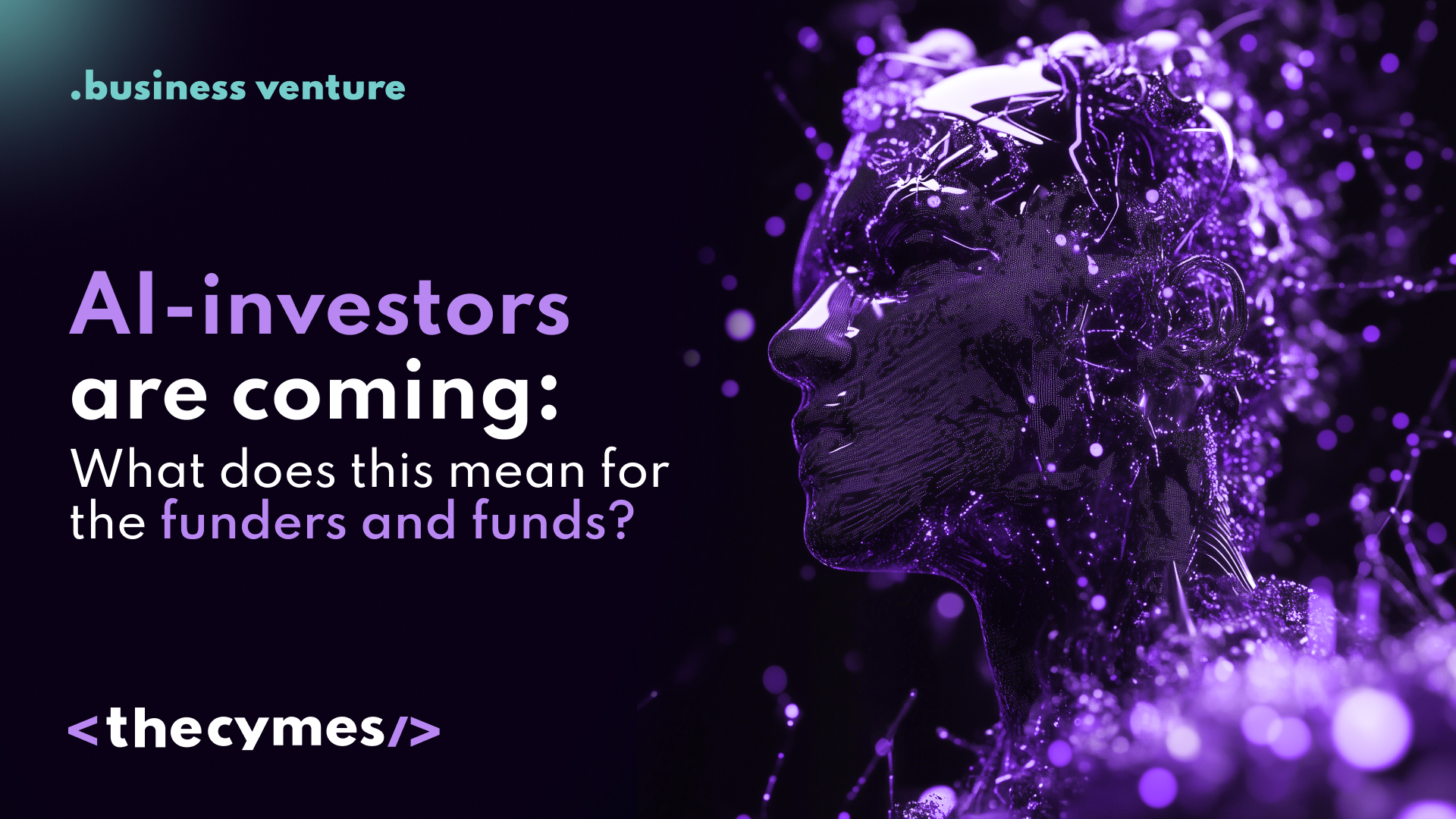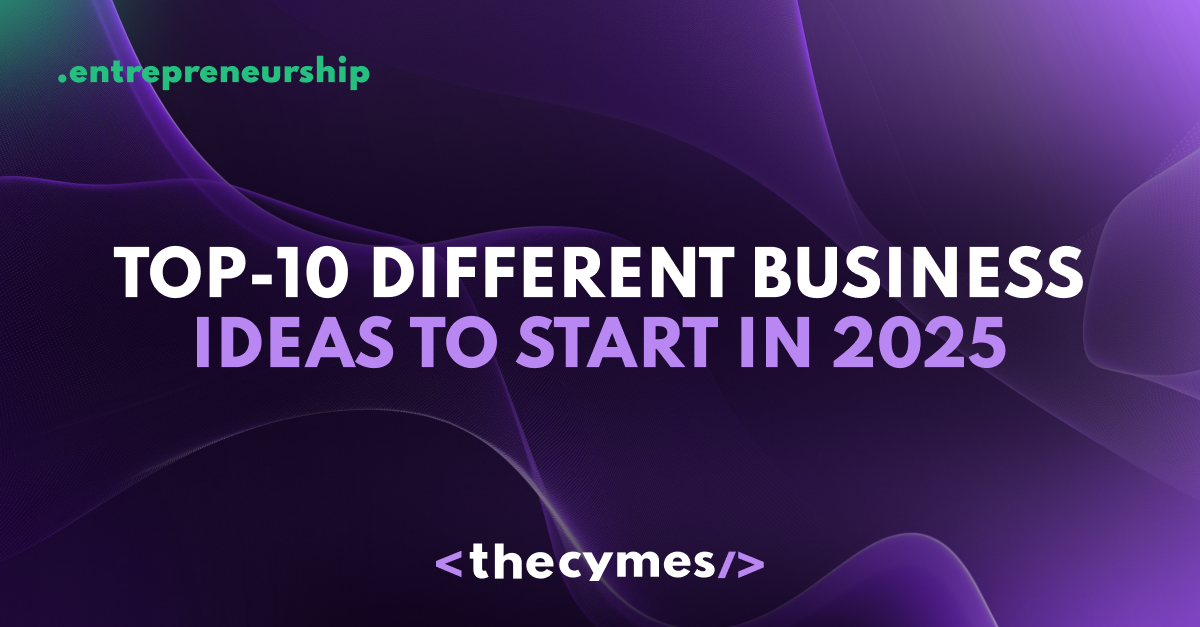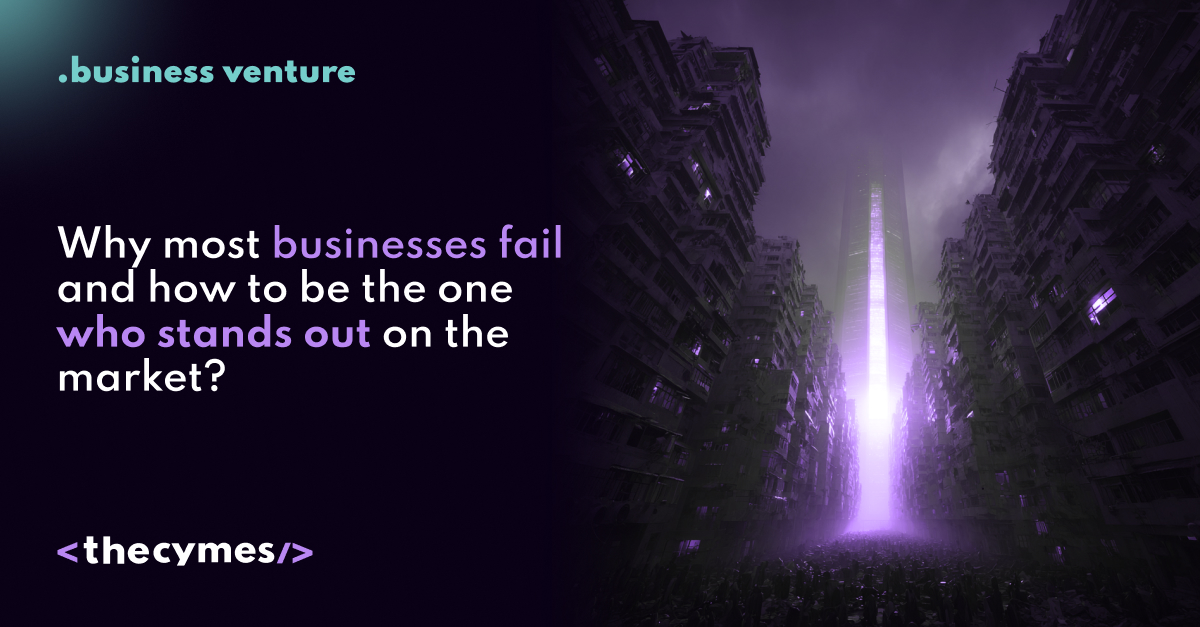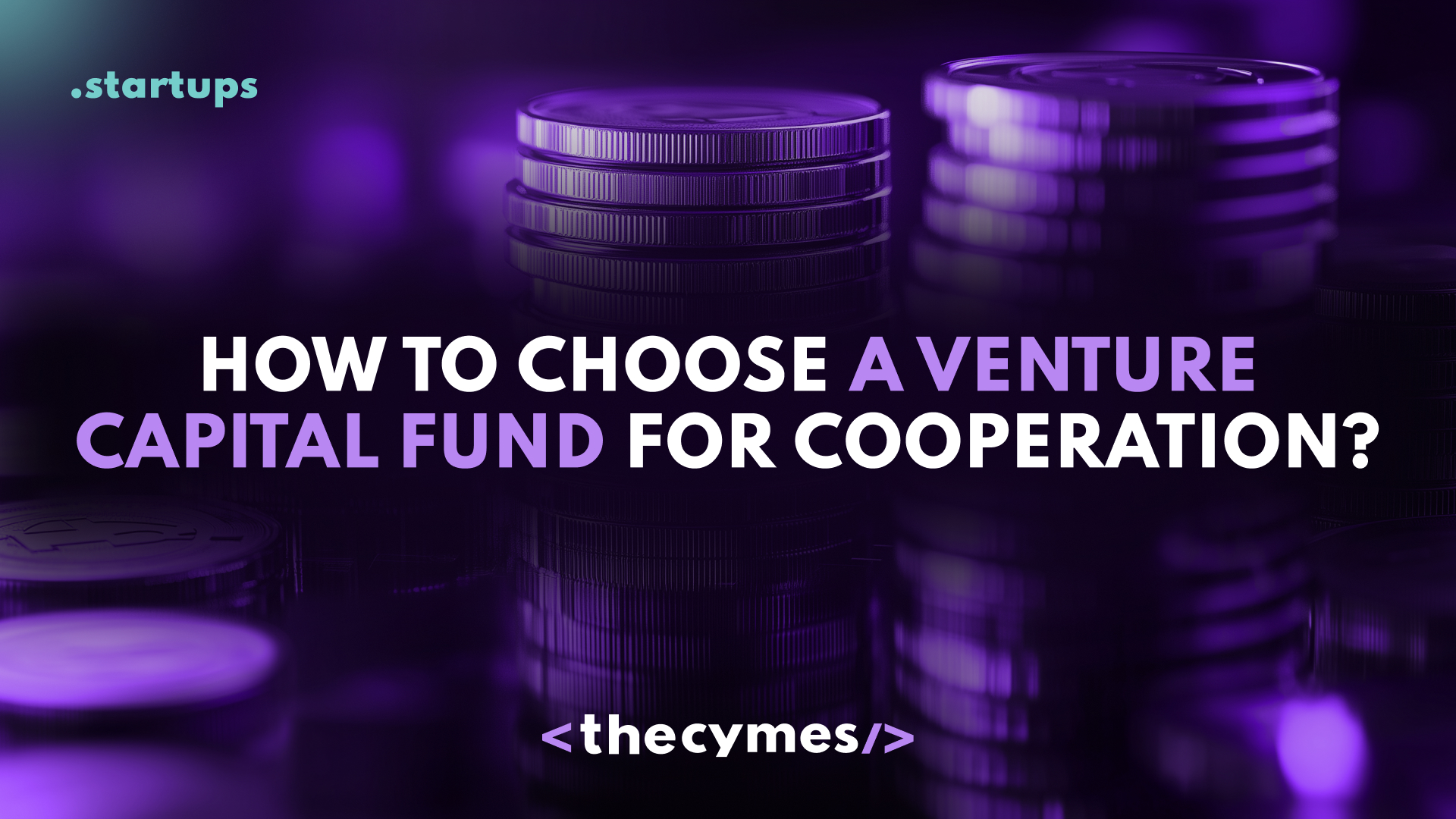.business venture4 June 13:54
0<
AI-investors are coming: what does this mean for the funders and funds?
/>What to expect from AI investors? be updated on the latest tech newsGet exclusive news updates and overview on tech market
 What to expect from AI investors?
What to expect from AI investors? The Cymes Team
The Cymes Team

